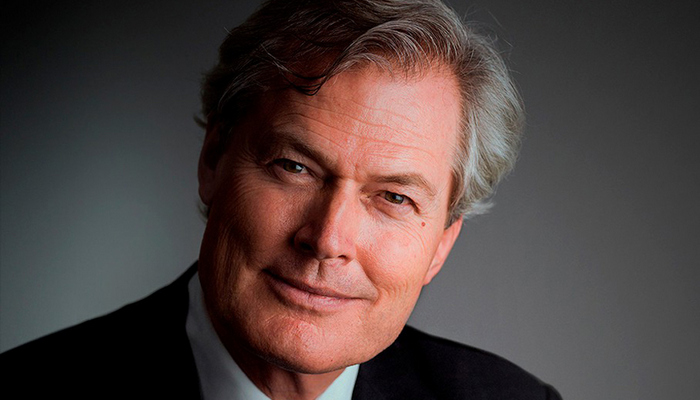Renowned sustainability expert and visionary entrepreneur, Professor Gunter Pauli, is in Nigeria for a three-day courtesy visit which is expected to catalyse in discussions on sustainable development, innovation, and economic growth.
According to the organisers of the visit, Premium Blue Economy Innovation and Investment Ltd., the occasion promises to be a pivotal moment for the country. Founders of Premium Blue Economy Innovation and Investment Ltd., Gegele Olushola and Fife Banks, who share a common commitment to advancing sustainability goals in Nigeria and beyond, said that during his visit, Professor Pauli will engage in a series of high-level meetings, and interactive sessions with government officials, business leaders, academics, and environmental advocates.
The organisers also said, ‘‘The primary focus of these discussions will revolve around Nigeria’s sustainability journey, exploring opportunities for green entrepreneurship, renewable energy, circular economy initiatives, and sustainable agriculture practices.
‘‘The highlight of the visit will be a keynote address by Professor Gunter Pauli at Federal Ministry of Marine and Blue Economy where he will share his transformative vision for sustainable development. The event is expected to draw attendees from various sectors, eager to learn from one of the world’s foremost experts in sustainability.
‘‘In addition to his professional engagements, Professor Pauli will take the time to explore Nigeria’s rich cultural heritage and natural beauty, fostering cultural exchange and mutual understanding between nations. Professor Gunter Pauli, hailed as the “Steve Jobs of Sustainability” by Forbes magazine, has dedicated his career to fostering innovative solutions that harmonize environmental, social, and economic interests. With a diverse background in economics, biology, and entrepreneurship, he is renowned for pioneering the concept of the “Blue Economy,” which emphasises the potential of nature-inspired solutions for creating jobs, generating wealth, and safeguarding ecosystems.’’
We’ve got the edge. Get real-time reports, breaking scoops, and exclusive angles delivered straight to your phone. Don’t settle for stale news. Join LEADERSHIP NEWS on WhatsApp for 24/7 updates →
Join Our WhatsApp Channel










